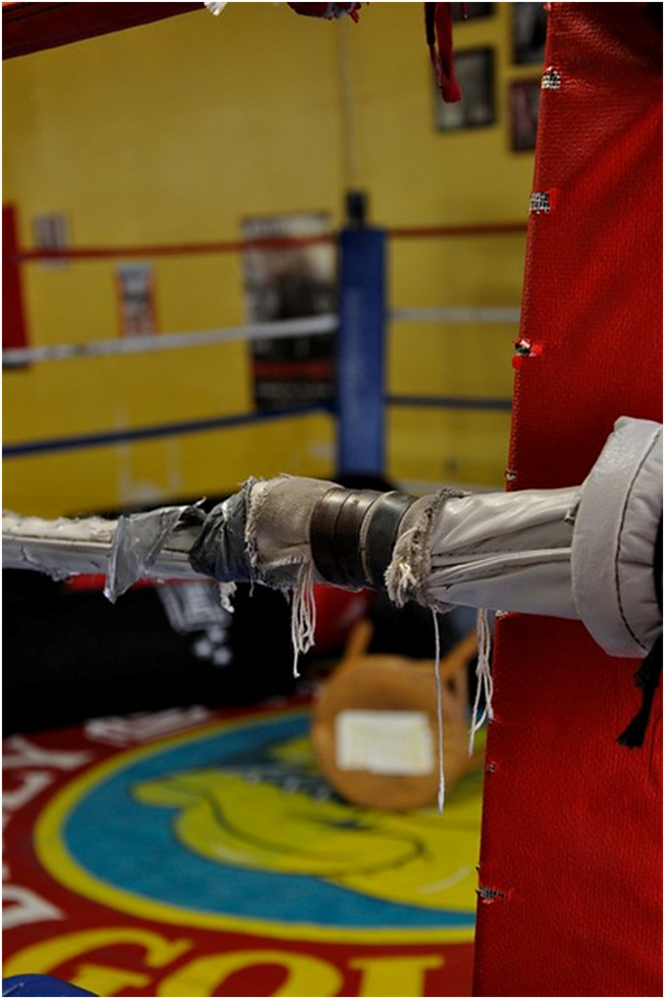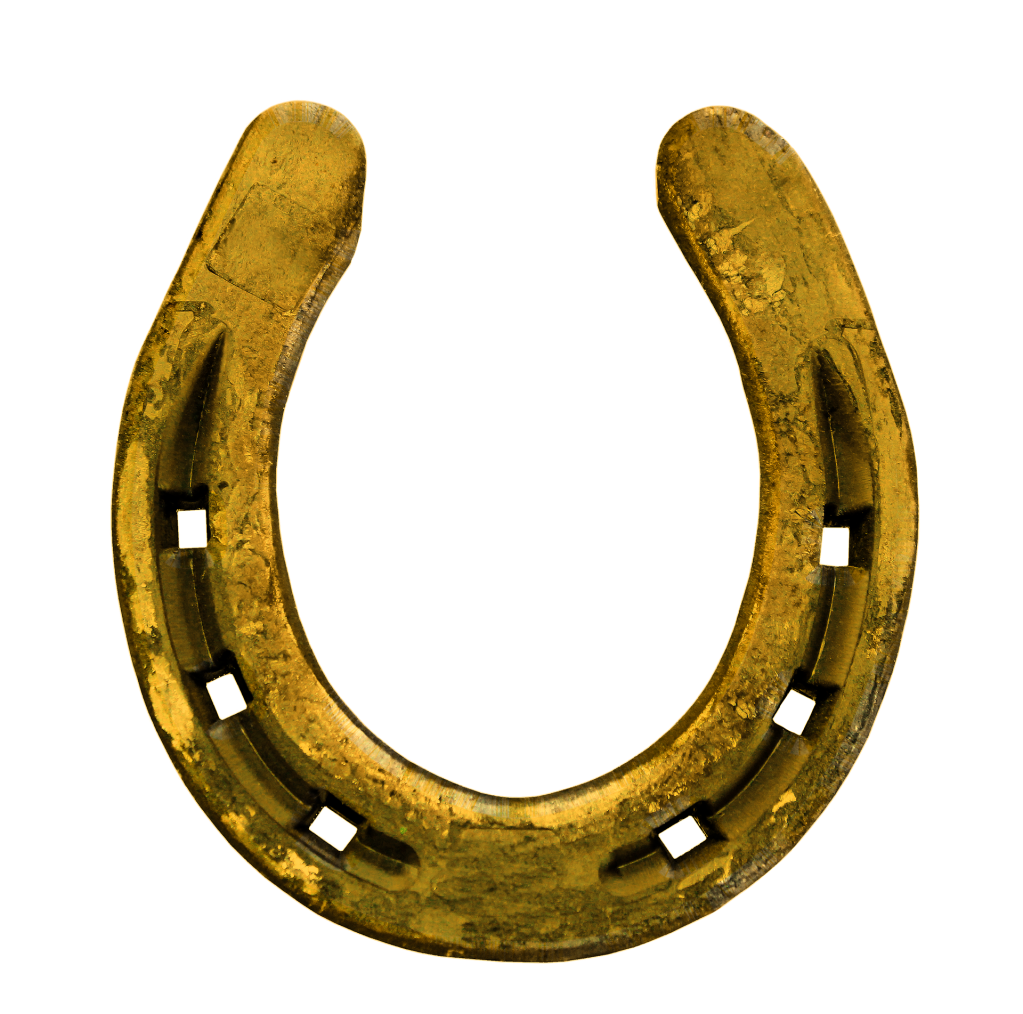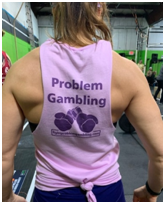
This is one life lesson gifted to us by “Iron” Mike Tyson. This holds true in the ring, on the court, and on the field. Going into a sporting event with a clear plan can definitely improve an athletes’ performance. But we also need to be able to adjust when the unexpected occurs and affects our plan. I had a match once when I just wasn’t landing my punches. I was tangling up and clinching with my opponent, something I really wasn’t accustomed to. Coming back to my corner, my coach said “your problem is we didn’t know she’s a southpaw, like you.” We had to quickly change my strategy and come up with a plan on how to move around the ring differently, what to throw and in what order, etc. I was able to come out on top to win the match.
The same lesson applies to gambling. If someone chooses to gamble, they had better have a plan. Gambling is inherently risky. There are ways to try and lower that risk. The term “responsible gambling” is what is most often used to describe ways to gamble in a “lower risk” way. But I want to take a quick minute to challenge that terminology.
To use the term responsible implies that those who don’t gamble in this way are irresponsible. But there are a lot of reasons someone might gamble in a disordered way, and it’s not about being irresponsible. For example: early exposure to gambling; being an athlete; medications that increase compulsive behaviors; family history; or coping with trauma or physical or emotional pain, can all contribute to disordered gambling. So, would we say that people who have difficulties with gambling due to some of these factors are irresponsible? No, we couldn’t in all fairness say that.
This doesn’t mean that people can’t gamble in an irresponsible way. Both disordered and non-disordered gamblers can do that. Is it irresponsible to gamble with money you need for bills? Yes, it is. Is it responsible to risk money you have on an outcome that is unknown, in the hopes of winning more money (that’s what gambling is, folks)? I’d really have to say it’s not.
So, let’s get past labeling people as responsible or irresponsible. Instead, let’s outline some of the behaviors that can lower someone’s risk, if they choose to gamble:
-setting dollar and time limits, and sticking to them
-using only money they can afford to lose (not money they need for bills, savings, or other obligations)
-not borrowing money (this includes not taking cash advances or loans, not pawning or selling items) in order to gamble or deal with financial problems caused by gambling
-not mixing gambling with alcohol or other substance use (which can alter memory and judgment)
-not gambling to escape personal problems
-not hiding your gambling or lying about your winnings/losses
-not chasing losses (returning later or another day to try to win back what you’ve lost)
-not letting gambling affect relationships, work or health
-knowing the signs of a possible problem, and getting help if these are noticed
Okay, so what about when that unexpected happens? Many “low-risk” gamblers have the potential to become disordered gamblers when circumstances change. Grief and loss can be one cause, especially when that person was someone they used to gamble with. People can actually gamble more as they grieve their loved one, in an effort to remember them and feel closer to them. People can also experience loss related to their health, or stages of their lives. When people’s bodies start to fail them, when they feel adrift after retiring from the workforce; these are high risk times for gambling to become disordered. And what about job loss, or other financial insecurity? Sometimes people will see gambling as their solution. And, unfortunately, the odds are not in their favor. Gambling can often lead to greater financial concerns. These are just some of the things that can happen that should have people re-evaluating their plans.
Listen to Mike. Expect the unexpected. Be ready to adjust course as needed. And for some people, that might mean taking a break from gambling while you sort out life’s left hooks.
As this blog seeks to highlight, athletes have some serious risks, and therefore should be even more cautious about bringing gambling into their lives. As we near Responsible Gaming Education Week September 19-25, 2021, Nicasa is offering free workshops for individuals, groups or organizations who want to learn more. Click Here to register.









